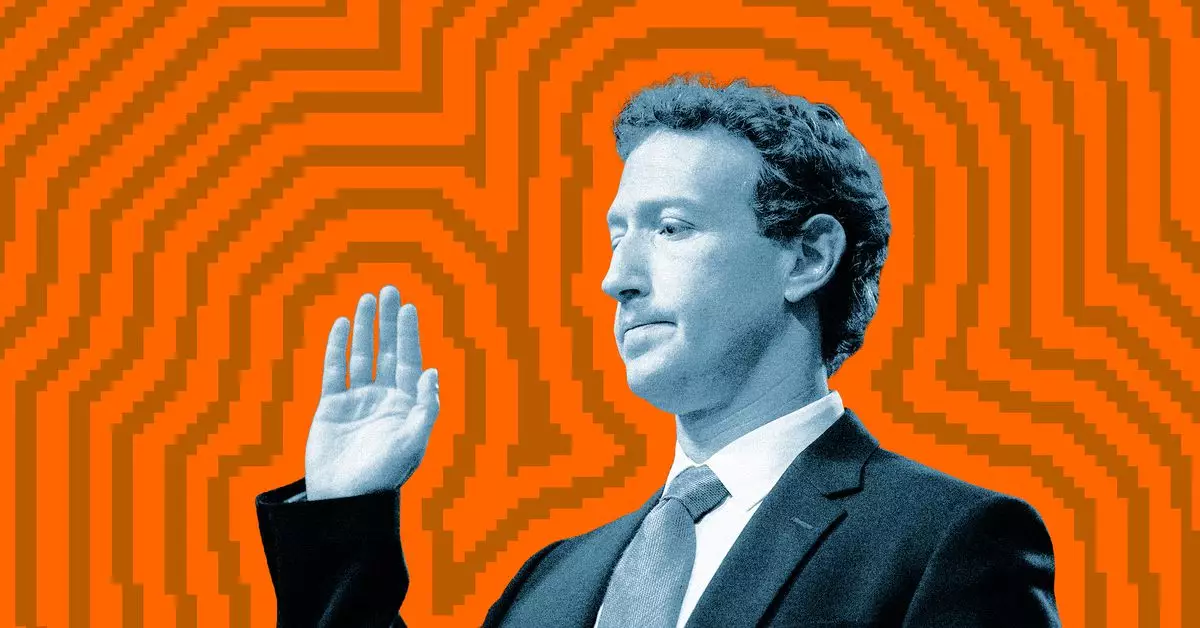In the ever-evolving landscape of technology and politics, meetings between influential figures often initiate significant discourse and possible shifts in policy. Recently, Meta CEO Mark Zuckerberg dined with then-President-elect Donald Trump at Mar-a-Lago, sparking conversations around the pivotal role these interactions play in shaping American innovation. Such encounters reflect a broader trend where tech magnates engage with political leaders to discuss pertinent issues that influence the technological realm and its intersection with governance.
The backdrop of Zuckerberg’s dinner with Trump is critical for understanding the implications of their discussion. Zuckerberg leads one of the largest social media platforms globally, and as such, he carries a substantial influence not only in the tech industry but also in the political landscape. Meta spokesperson Andy Stone emphasized in a statement that the meeting occurs at a crucial time for American innovation, suggesting that dialogues with leaders in the political arena are essential for fostering a conducive environment for technological progress. However, this meeting wasn’t without its controversies.
Zuckerberg has faced scrutiny regarding Facebook’s involvement in various political events, particularly the 2020 presidential election. Critics have alleged that the platform’s policies and actions significantly impacted the electoral process. This has led some observers and politicians to argue for accountability, with calls for Zuckerberg to face severe repercussions. The dinner with Trump, therefore, raises questions about the responsibility of tech leaders and their engagement with political figures, especially when past actions have incited public outrage.
Moreover, Zuckerberg’s personal financial contributions to initiatives such as mail-in balloting have added another layer of complexity to the public’s perception of his role in the political arena. These donations were aimed at ensuring wider accessibility to voting, but they also positioned Zuckerberg as a figure of both support and contention in electoral processes. This duality exemplifies the precarious nature of tech executives operating at the crossroads of innovation and public policy, as their financial choices can be scrutinized, leading to calls for reform and increased regulation.
As we move forward into an era where technology continues to intertwine with everyday life, the relationship between tech leaders like Zuckerberg and political figures will likely remain contentious yet necessary. Navigating this complex landscape will require careful consideration of both the benefits and drawbacks of such interactions. For the future of American innovation, fostering an ethical framework that ensures accountability while promoting progressive dialogue will be essential. As technology shapes various facets of our society, the collaboration between these industries might be the catalyst for groundbreaking advancements—or the stumbling block to sustaining public trust.
While meetings like the one between Zuckerberg and Trump may appear as mere networking opportunities, they embody the larger narrative of technology’s role in governance. Understanding and critically evaluating these interactions will define the landscape of innovation and politics in the years to come.


Leave a Reply
You must be logged in to post a comment.